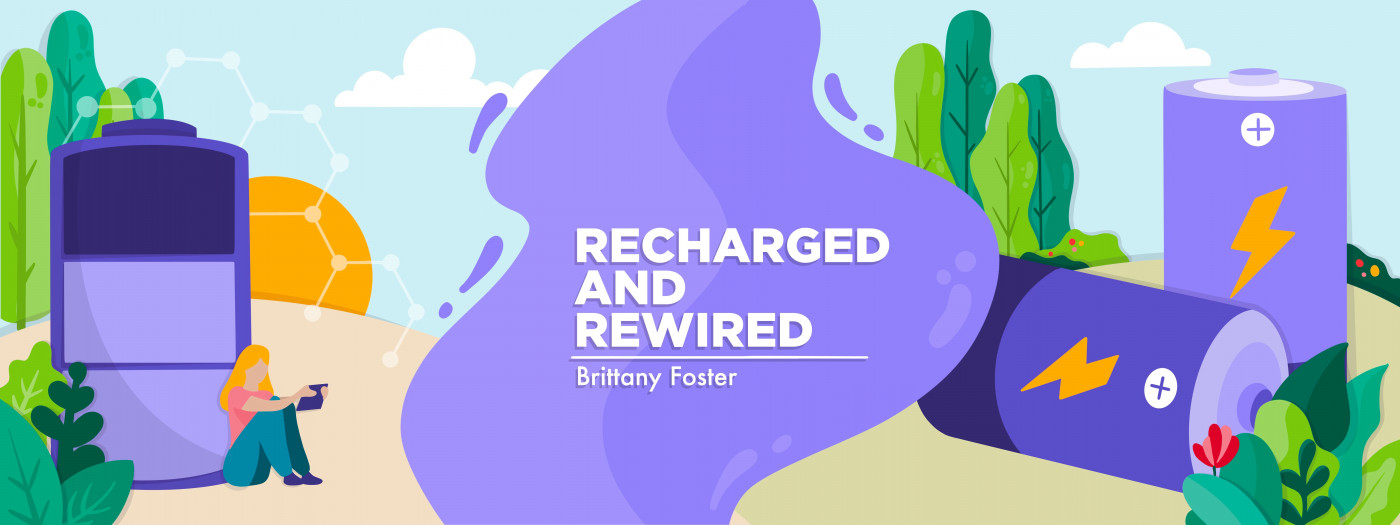How Medical Trauma Led to an Irrational Fear of Kidnapping

I recall waking up in a full-body sweat every time I had a nightmare as a child. The nightmare was always the same and involved my two sisters, a kidnapper, and me.
In the dream, I’d sprint, screaming and sobbing, after the kidnapper’s car, where my sisters were held captive. I never managed to catch up with the car, always waking up just before reaching it.
These dreams were the start of an ongoing fear I had of my sisters getting kidnapped. Later in life, I learned that I had developed a fear of kidnapping because I didn’t trust my surroundings. Growing up with congenital heart disease and pulmonary hypertension made me question anyone I encountered. I reasoned that if I couldn’t protect myself from being hurt, I could at least protect the ones I love.
That fear caused me extreme anxiety as a child. The second I’d lose sight of my sisters in any public setting, I’d assume the worst. “They’re gone. They’ll never come back, I can’t do anything to save them,” I’d think in a panic.
These terrifying thoughts would be constantly replayed in my mind. By that point, there’d be no rationalizing with me. No one could convince me that my sisters were anywhere else but gone.
Although these nightmares eventually stopped in my teen years, the feeling of having to protect my sisters and other loved ones never did. I missed many sleepovers in middle school and high school because I didn’t want anything to happen to my family at night when I wasn’t there to help. Throughout high school, I slept with a hockey stick under my bed in case an intruder tried to come through my door in the middle of the night. I planned escape routes in my mind in case of an emergency, and I constantly prepared for the worst.
My fear of kidnapping turned into an obsession of keeping loved ones safe. Thankfully, I was able to discuss these fears in therapy to help me make sense of them. One of the first questions my therapist asked was, “Were you ever kidnapped as a child?” My therapist wanted to pinpoint the reason for my irrational fear. The deep-rooted fear of losing my sisters came from a genuine mistrust of those around me, which started in the hospital and at doctors’ offices.
As a child, I couldn’t make sense of my world. I couldn’t tell myself, “They are doing this procedure to help me. This surgery is something I need. There may be pain now, but it’ll get better, thanks to the surgeons and the doctors.”
As a child, I only understood pain, suffering, recovery, bloodwork, needles, and surgeries I never wanted. I couldn’t comprehend how a doctor that made me laugh and distracted me with my favorite movies could also cause my body physical pain. I didn’t feel protected, so I chose to be the protector in other areas of my life.
Working through these fears in therapy was an important part of healing my mind and freeing myself from suffocating stress. So much anxiety went along with the need to be everyone’s hero. I still live with this desire to protect others. It is part of healing from the post-traumatic stress that I will constantly have to work through.
The difference now is that I can rationalize things. I can make sense of my world with rare disease, even on the days when it feels difficult. I now have faith in the safety of those I love, even when I’m not the hero.
***
Note: Pulmonary Hypertension News is strictly a news and information website about the disease. It does not provide medical advice, diagnosis, or treatment. This content is not intended to be a substitute for professional medical advice, diagnosis, or treatment. Always seek the advice of your physician or other qualified health provider with any questions you may have regarding a medical condition. Never disregard professional medical advice or delay in seeking it because of something you have read on this website. The opinions expressed in this column are not those of Pulmonary Hypertension News or its parent company, Bionews, and are intended to spark discussion about issues pertaining to pulmonary hypertension.









Leave a comment
Fill in the required fields to post. Your email address will not be published.